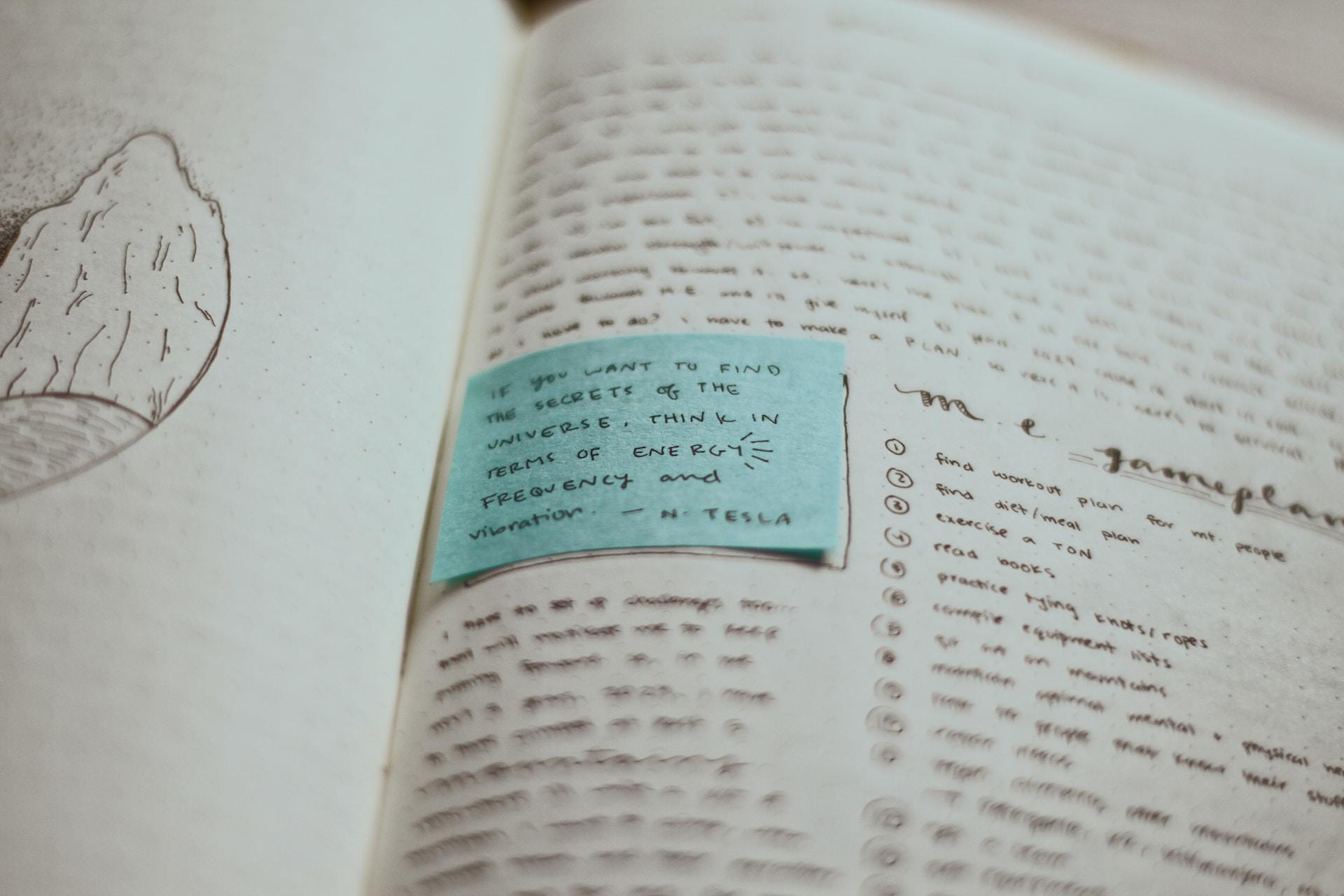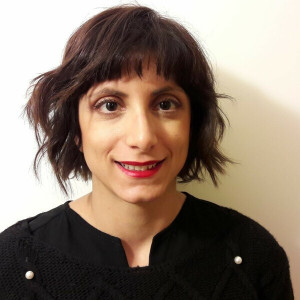Let's say that something inspired you to learn how to speak French. You may have recently discovered the Astérix graphic novel series and wish to read it in its original language. Or maybe you just really like croissants. Whatever the reason, it sent you scurrying for online French courses.
Learning French as a second language is a decision rarely made suddenly, accidentally, or impulsively. Taking French lessons for your own growth and benefit is not a strange concept.
People commit to studying French for reasons all their own but all of them appreciate the cognitive and financial benefits of being bilingual. If you want to learn more than the basic bonjour, follow these tips for learning French.

Tips to Learn French: Getting Started
Language learning is the work of a lifetime. You may not be aware that you're still honing your English language skills even though you're a native English speaker. Committing to French studies implies that you will study the language of Molière for just as long.
The most effective way to start learning French is to dedicate equal time to each of the four aspects of language learning. Those are reading, writing, speaking and listening. These three tips to learn French will help you get started.
Learn French Sounds
Spoken French has a wonderful flowing quality. That's one of the reasons why language learners in Victoria scour the internet for French lessons Melbourne. You might begin your search by clicking on that link but you can start practising French sounds before your first class. Considering that more than 28% of English words come from French, doing so is easier than you might think.
French and English use the same alphabet but the letters don't sound the same. For instance, we pronounce the letter B as 'bee'; in French; it's 'beh'. In fact, all the consonants we say with an 'ee' sound - 'dee, cee, tee' and so on get the 'eh' treatment.
You might run into a spot of trouble with vowels, particularly E and I. In French, they sound like 'uh' and 'ee', respectively. Furthermore, they bear accents at times, which changes how they sound. As you're just starting out, keep that in mind but focus on mastering letters' and letter combinations' basic sounds.

Study Pronunciation Rules
Unfortunately, English language skills don't carry over into French. Our habit of swallowing syllables, dropping ends and connecting words have no place in French pronunciation. The langue française specifies that each vowel must be pronounced. Some vowels bear a diacritical mark to indicate they must be pronounced separately, like the E in Noël and Chloë.
In English, rules for syllable stress are fairly straightforward; in French, they're a bit more complex. This language stresses syllable groups, not words. For instance, the word 'apartement' has four syllables - 'a', 'par', 'te' and 'ment'; they each receive equal stress. This pronunciation rule gives French its flowing quality.
As in English, native French speakers connect certain words to make the language flow better. Indeed, we have a determiner - 'an', to ensure smooth pronunciation of 'an apple'. Try saying 'a apple' to see how much easier the liaison is! The French language also makes such concessions: 'à l'hôpital' instead of 'à le hôpital', for instance.
Put Your Skills to Work
Once you've mastered French sounds and know all the pronunciation rules, practise speaking French. You needn't wait for your French tutor to give the okay or declare you're ready, like my mate in Sydney did. If you're a bit shy, speak into a recorder app on your phone. If you're more outgoing, you can find native French speakers on platforms like Anki and Italki.
Such language exchange platforms are great if you worry about how much French lessons cost. You can help native French speakers learn English and they'll help you master French, all at no cost (but you must create an account). As you can see by this table, you'll get the best value for your money with a private tutor while supplementing your lessons on a language exchange platform.
| Name | In Office | In Your Home | Online |
|---|---|---|---|
| Alliance Française | $495/10-week course | none | none |
| Language Trainers | none | $51 | $32.50 |
| Listen and Learn | none | $54 | $35.50 |
| Superprof | (in a mutually agreed location) Average $35 | Average $35 | Average price $35 |
Best Way to Learn French: The Basics
Your early success in mastering French sounds sets the stage for more intensive work. It's best to organise your information from the start so you don't get bogged down trying to find what you've already learnt. These three steps will help you keep your work flowing.
Making Lists
It's easy to remember basic pronouns - je, tu, il/elle and so on. It might not be so easy to remember their possessive, indirect and reflexive forms, though. In all, the French language employs 12 pronoun forms, each with a specific purpose. As you learn them, consider building a chart so you'll know which pronouns go to which person and their purpose.
You should do the same for common verb conjugations and word types. Sorting adjectives from adverbs will help you apply their rules better as you advance through your French learning. You may also sort nouns into 'male' and 'female' so you'll know which articles to assign to them and how to modify their descriptors.

Using Apps
If you're in Queensland and have been searching your area for French lessons Brisbane, there's a good chance you've also searched for language-learning applications. French learners have had varying degrees of success with apps like Duolingo, Memrise and Babbel. They use a spaced repetition learning technique to help learners reinforce their language skills.
However, you should consider using a mind-mapping app. As long as you're making lists and drawing connections, you can map this information. These platforms allow free access so you can build your knowledge base and watch as your French language skills come together.
Quizlet is another valuable study tool that you can customise to your learning profile. Quizlet allows you to enter the French words and phrases you're currently learning. The platform then gives you five different ways to work with this information. You might use the flashcard setting to revise and then take a quiz to determine your level of mastery.
Work Manually
How do you know if you've found the right French tutor? When they insist you write things down by hand. Science has proven a link between manual functions like writing and memory. Writing by hand also boosts your ability to understand new concepts and makes you more productive.
Typing may be more convenient but recording new French words and phrases that way does not build new neural pathways. After all, your fingers are already used to typing; there's nothing new to learn about it. But writing by hand in French gives your brain all sorts of new information to process.
Tips for Learning French: Resources
Supplementing your French lessons with a tutor will add further perspectives and contributions to your learning. A tutor can be a fantastic help to students prepare for their French exams. From Perth to Gold-Coast, French lessons abound, both in-person and online. These resources will enhance your sessions with your tutor.
French Materials for Listening
In the last segment, we mentioned podcasts in French but don't limit yourself to those offerings. Discover French music and build a playlist of your new favourite artists. You could even download audiobooks in French and play them as you go about your day. You might not understand every word but immersing yourself in a French environment will help you advance quicker.
Visual French Materials
When not on the go, you can improve your listening comprehension by watching native French speakers on YouTube (YT). FrenchPod101 and Easy French are top channels; you'll find many more besides. You may enjoy also a cooking livestream or catch up on the news in French on this platform. The news outlet France24 also has a YT channel.

Alliance Française
This group, properly spelt with a lowercase F, is responsible for spreading the French language and culture around the world. Your local Alliance hosts cultural events and French lessons as well as preparation courses to sit the French language certification exams. These centres typically have books to lend and other resources you may avail yourself of. Every major Australian city has a branch whose staff is keen to help you improve your French.
How to Learn French: Expand Your Skills
Once you've put in the work to master basic French vocabulary and grammar, there's no point in stopping. Lucky for you, Anki and Quizlet give you all the space you need to keep building your knowledge stores. All that French handwriting you've been doing gives you the perfect excuse to start a journal in French. You might even try composing poetry or writing vignettes for your favourite pictures.
Prepare to Sit the DELF
DELF stands for Diplôme d'études en langue française; it's how you'll certify your French language skills. Students at all levels are assessed on all four of the aspects of language no matter which level DELF exam they sit. You'll recall that those are reading, writing, speaking and listening. Though not the end of your learning journey if you don't want it to be, passing this exam means you've attained a level of French language competence.
Summarise with AI:

























